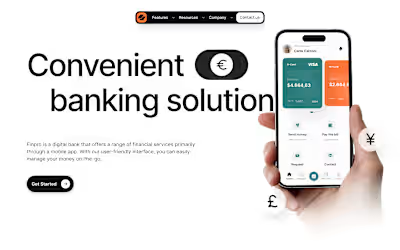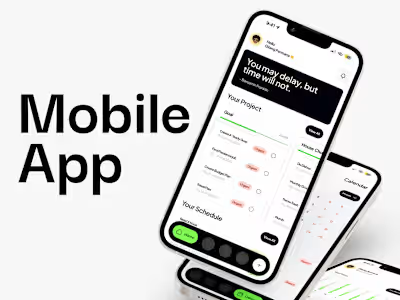AI Coaching Simulator
ACTO, a B2B software company, the sales training process was becoming a bottleneck. With a growing team of 150+ sales reps and only 15 coaches ratio, manual coaching was proving inefficient and inconsistent.
Key issues:
Coaches spent an average of 15 hours per week on one-on-one training
New reps waited up to 2 weeks for their first coaching session
Inconsistent feedback led to varying levels of performance across the team
Ideation and Design Process:
We used a design thinking approach, starting with a workshop that generated 50+ ideas. We narrowed these down to 3 concepts, which we developed into low-fidelity wireframes.
After internal reviews, we created an interactive prototype using Figma and conducted 3 rounds of usability testing with 5 reps and 2 coaches in each round.
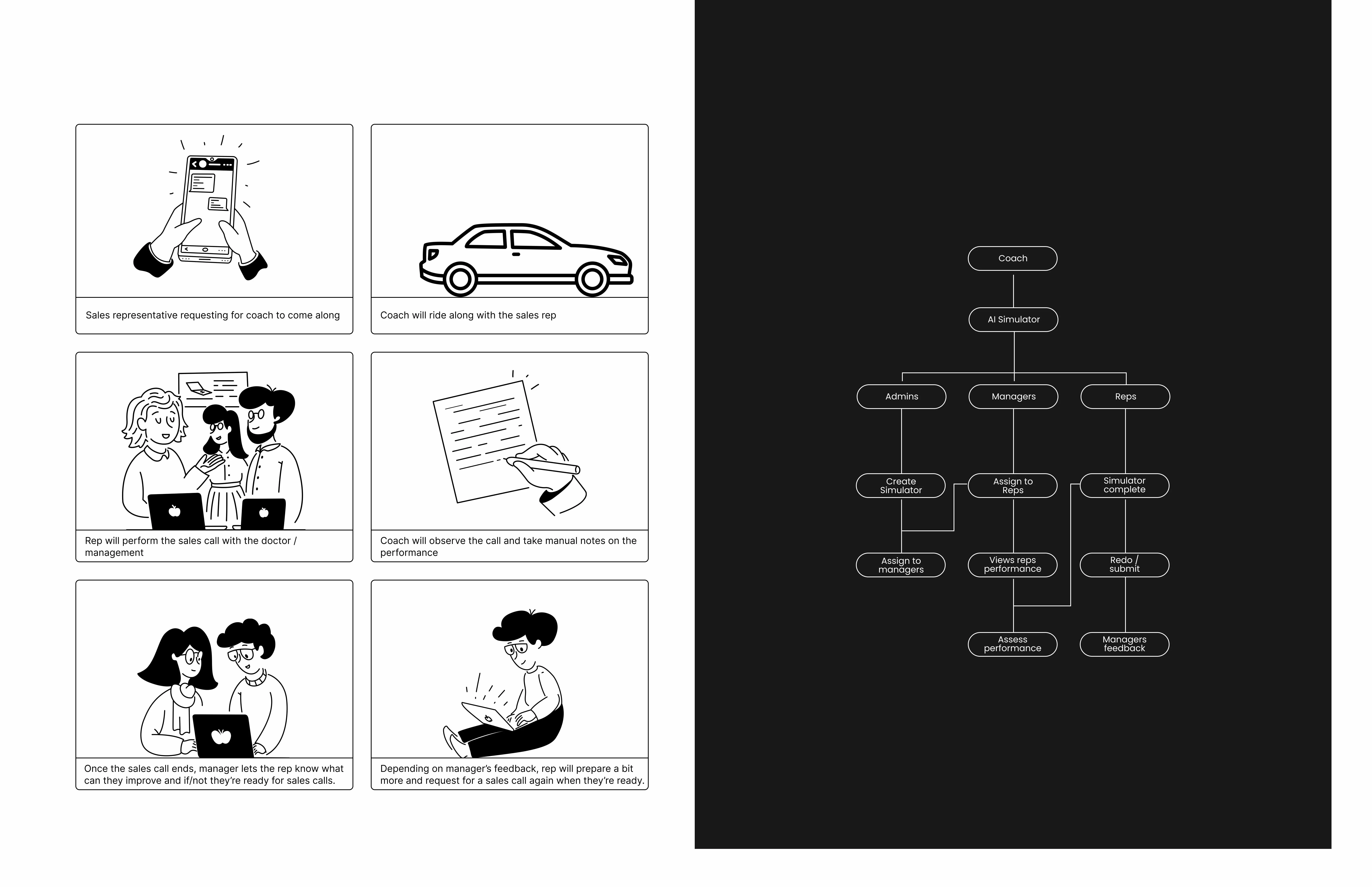
Fig: User Story (Left) User Journey (Right)
Key Features of the AI Coaching Simulator
a) Personalized AI-powered sales scenarios
b) Real-time feedback on tone, pacing, and content
c) Performance analytics dashboard
d) Automated improvement suggestions
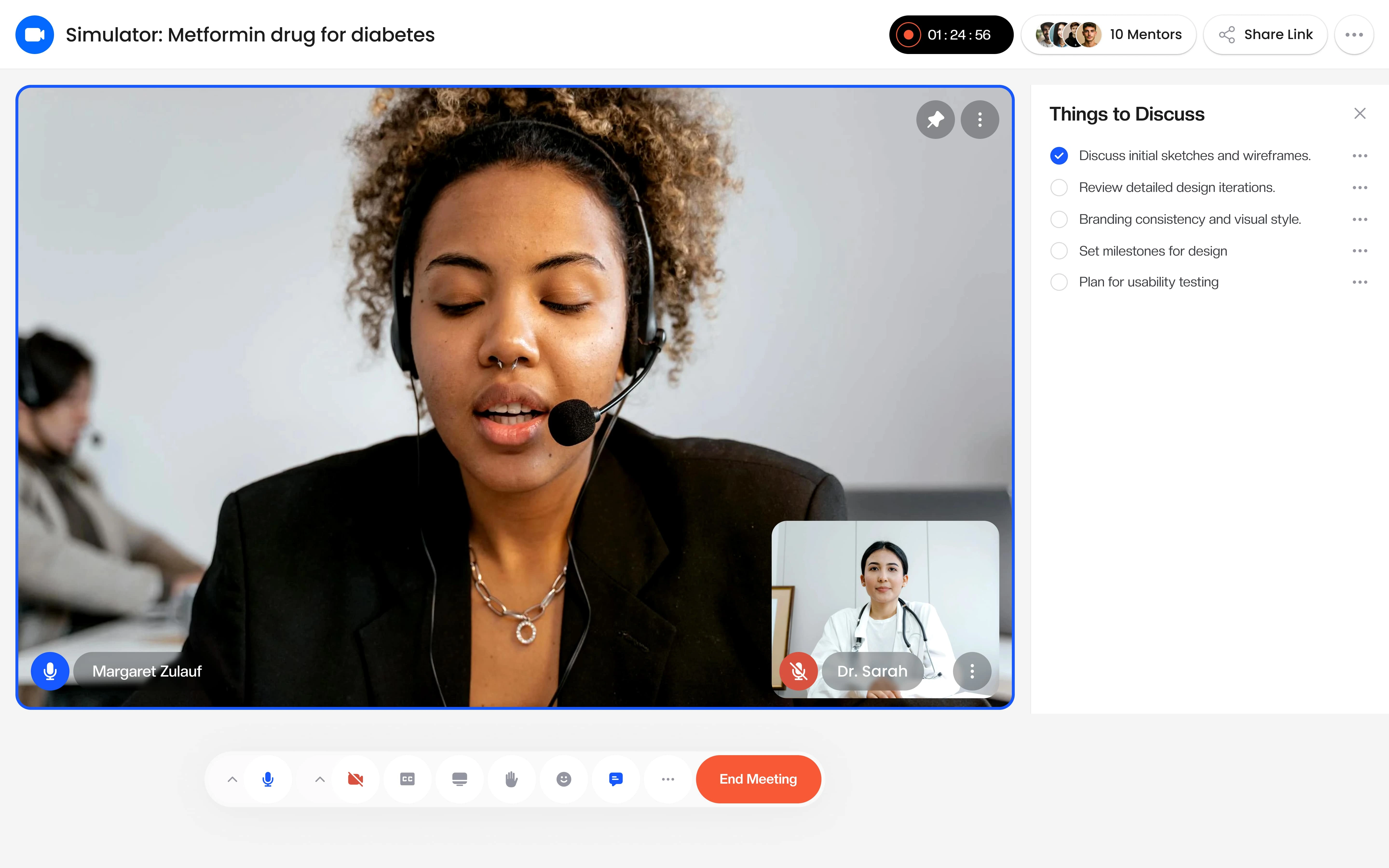
Fig: Simulator screen with AI (Conversation between rep & doctor)
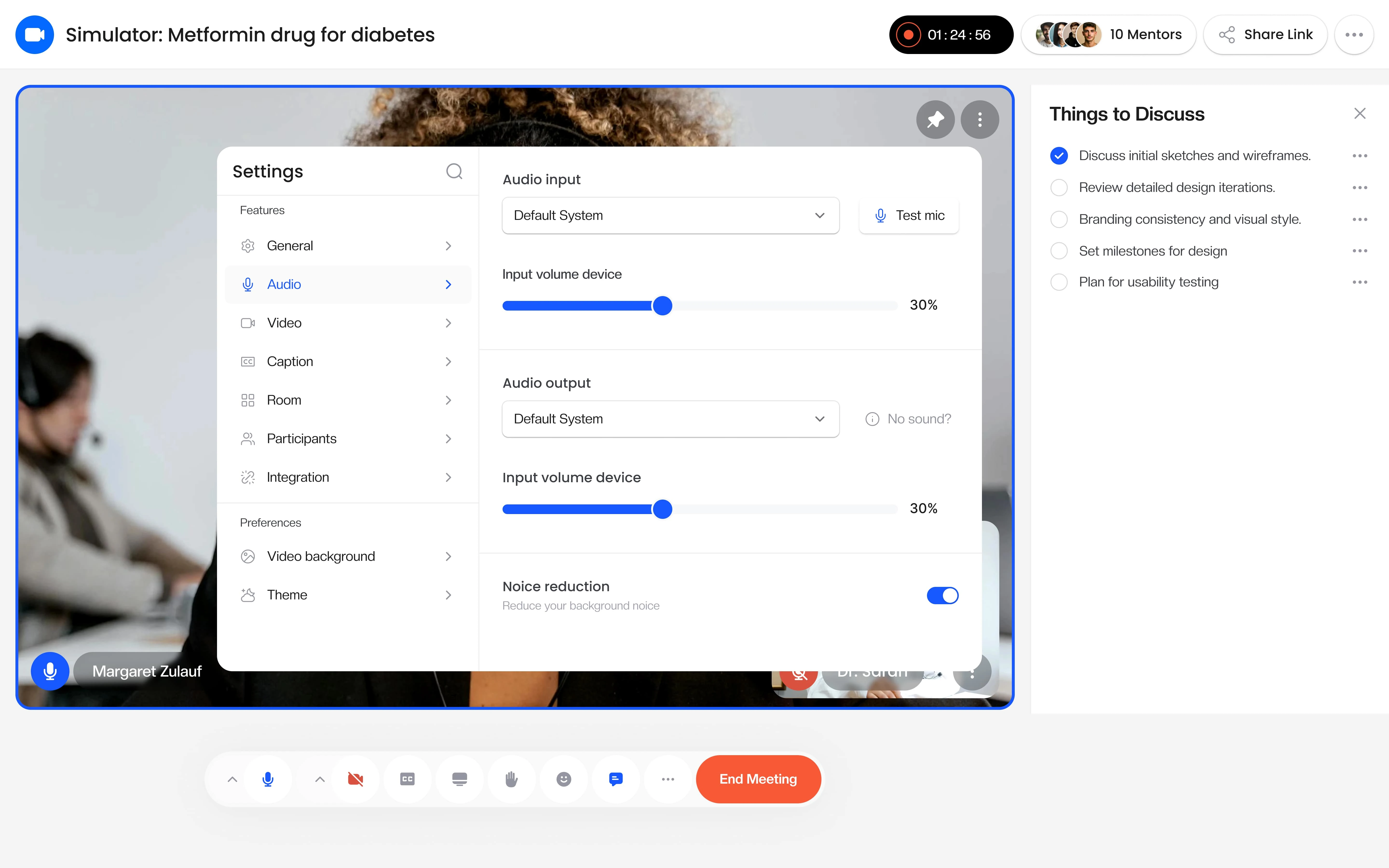
Fig: Settings screen for the rep
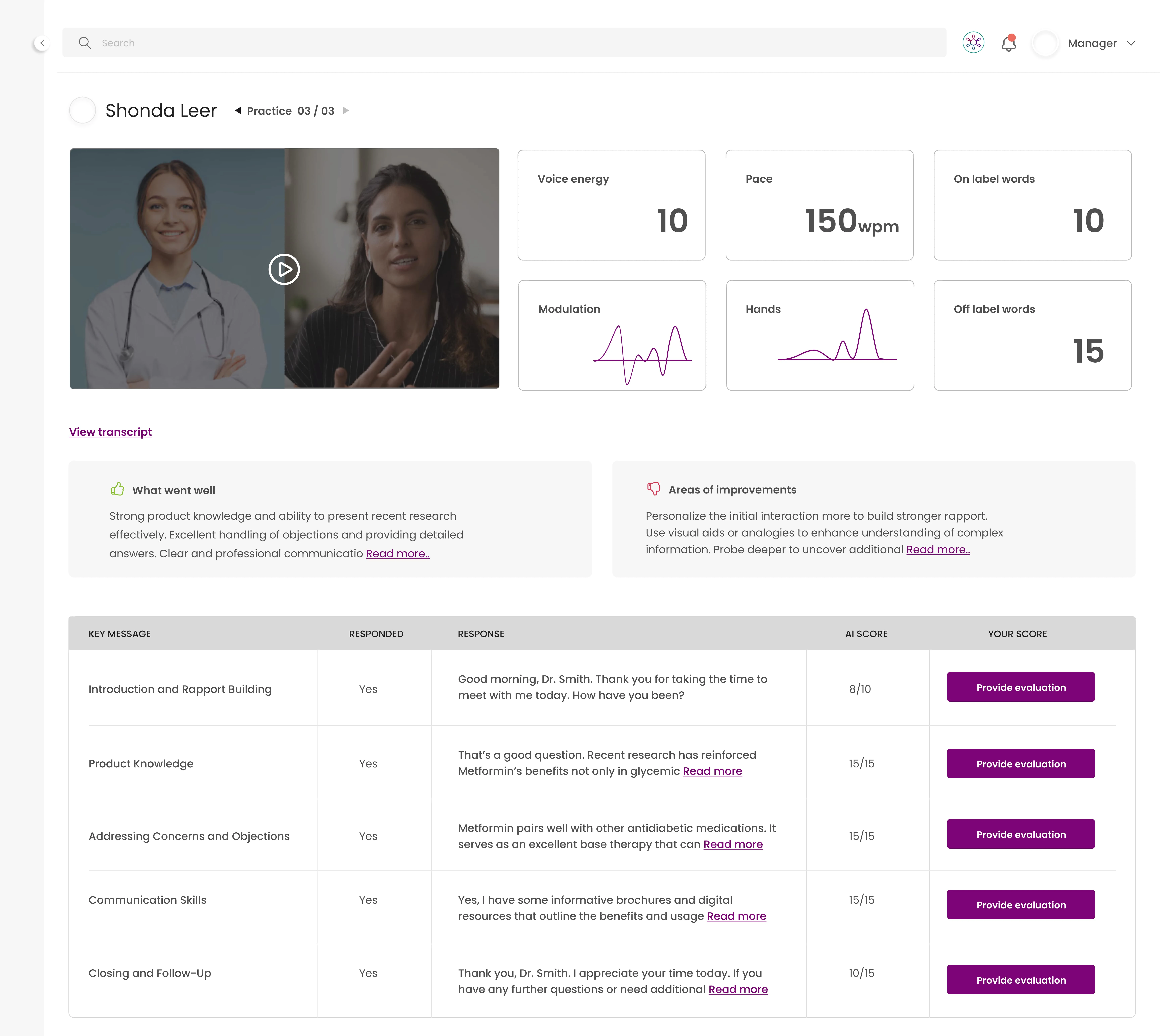
Fig: Analysis of rep's performance
OUTCOME
Weekly Coaching Hours (Pre vs Post Implementation)
Our AI Coaching Simulator dramatically reduced the time coaches spend on manual training. Before implementation, coaches dedicated an average of 15 hours per week to individual coaching. After just 3 months, this dropped to 5.7 hours - a significant 62% reduction. This time savings allows coaches to focus on more strategic tasks and support a larger number of sales reps.
User Feedback:
Sarah (Sales Rep): "The AI simulator has been a game-changer. I can practice difficult scenarios anytime, and the instant feedback helps me improve quickly."
Mike (Sales Coach): "This tool has freed up so much of my time. Now I can focus on strategic coaching rather than repeating the same basic scenarios."
Conclusion:
By leveraging thorough research methodologies, cross-functional collaboration, and core design principles, we created a solution that addresses real user needs and business challenges. The AI Coaching Simulator, born from a deep understanding of both sales reps' and managers' pain points, has proven to be a game-changer. It delivers measurable improvements across multiple dimensions of our sales operations, from time efficiency to performance and confidence levels.
Like this project
Posted Dec 7, 2024
UX-driven AI Coaching Simulator cuts training time 62%, boosts sales 23%. User-centered design transforms sales coaching, driving efficiency and performance.
Likes
0
Views
35
Clients

ACTO





